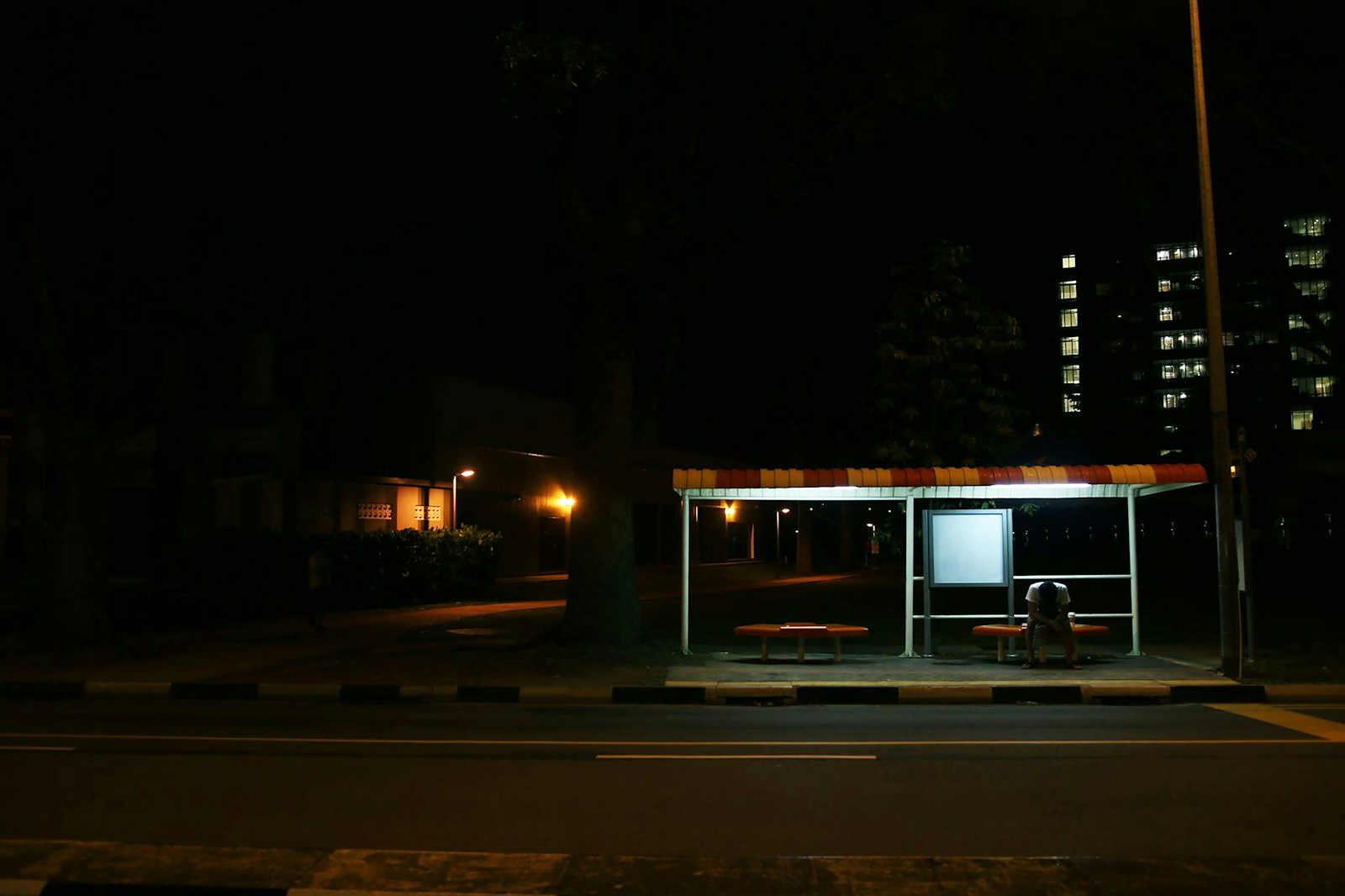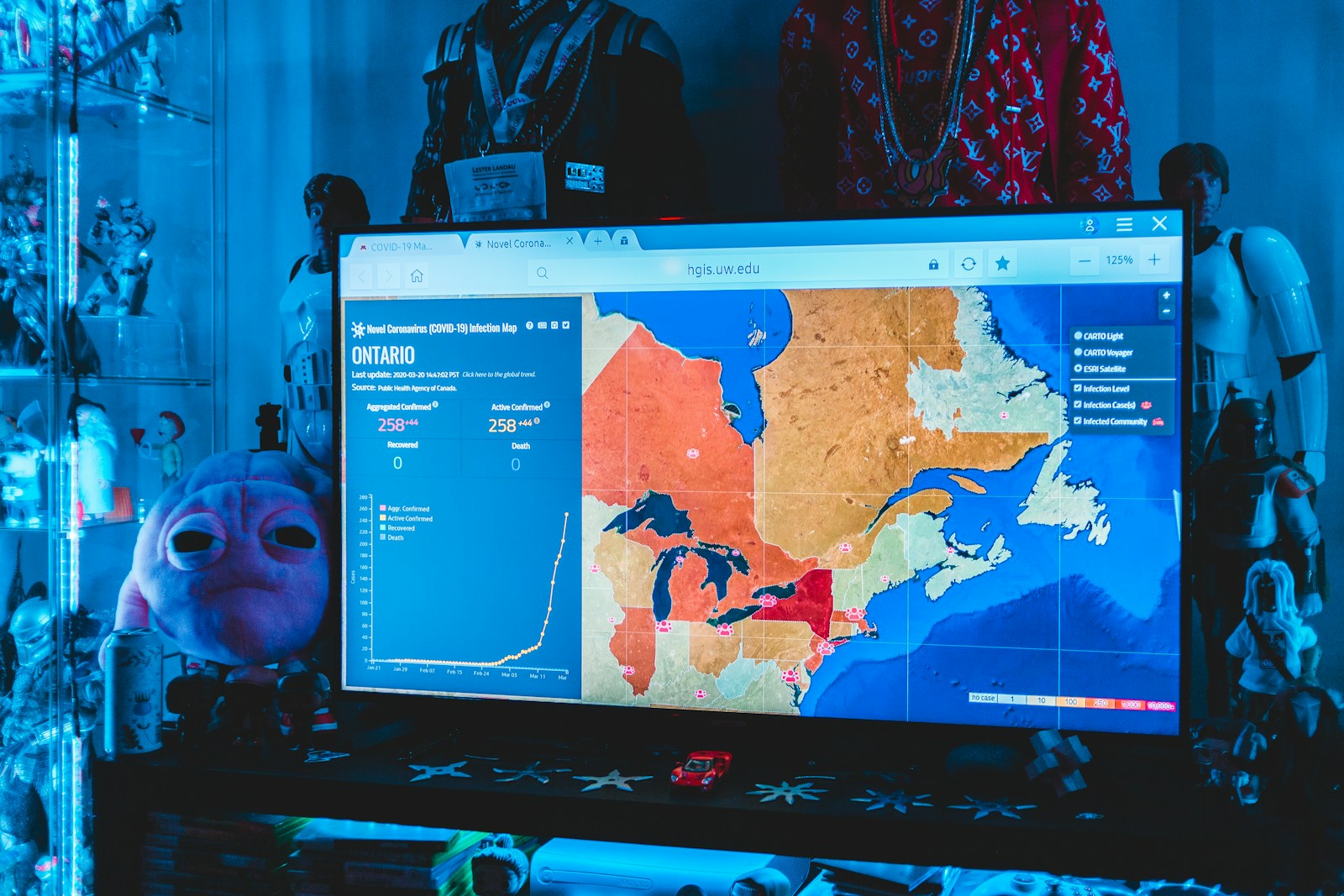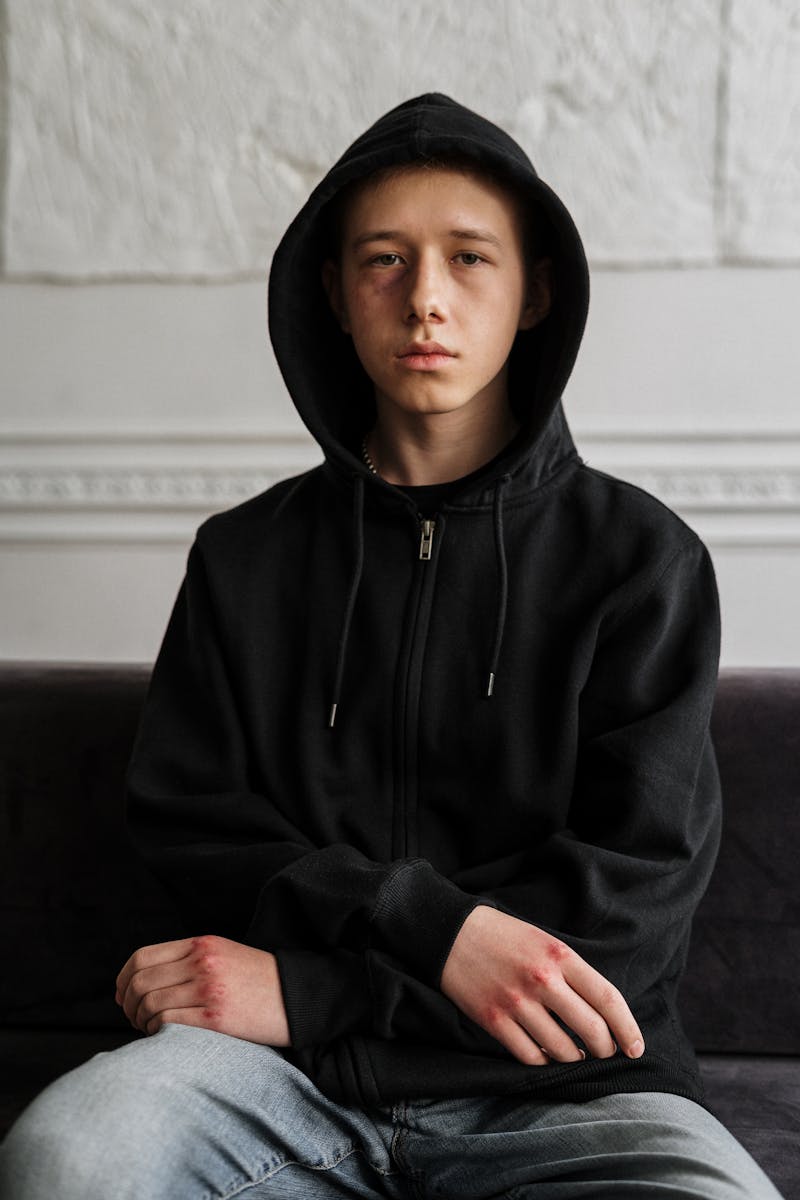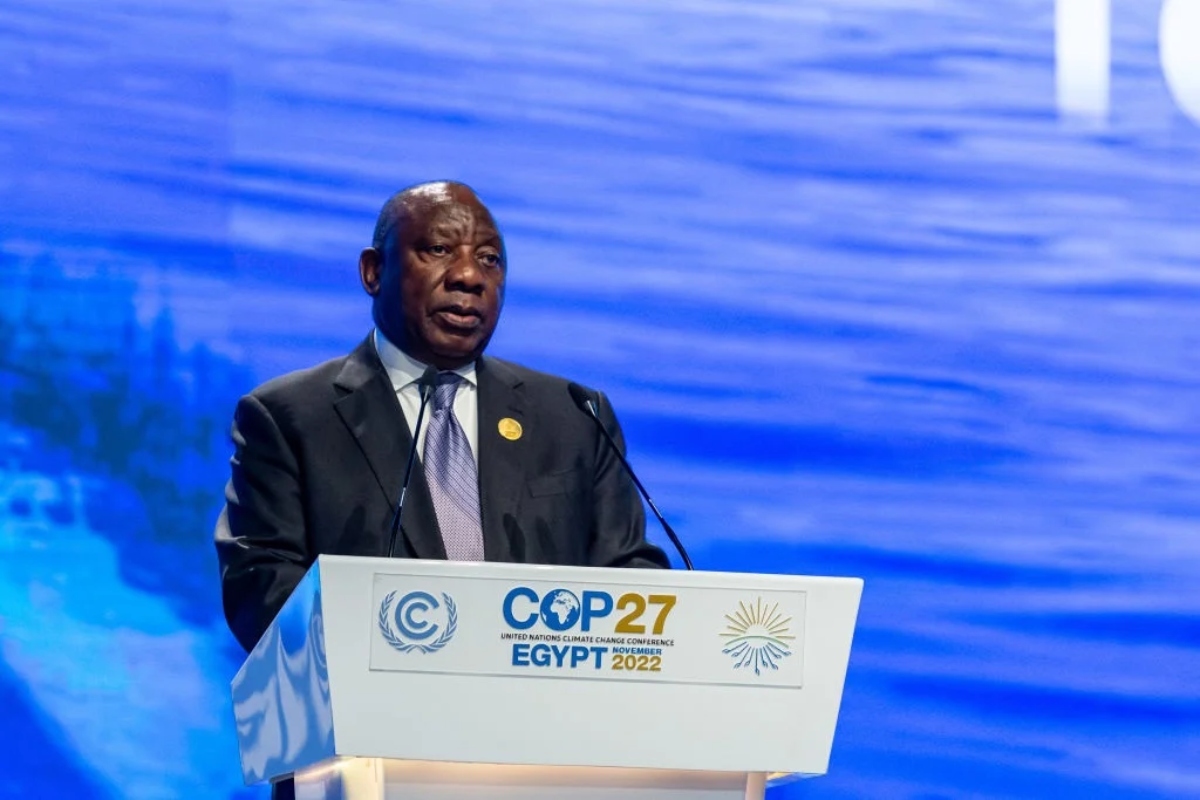Quartier Militaire robbery sparks fear among residents
The Quartier Militaire robbery has sent shockwaves through the quiet community of this central Mauritian village. What was supposed to be an ordinary morning turned into a moment of fear and disbelief when an elderly man was robbed at a local bus stop. This incident has reignited public discussions about safety, vigilance, and the growing sense of insecurity among citizens.
Growing concern over public safety
For years, residents of Quartier Militaire have considered their neighbourhood peaceful and close-knit. However, the Quartier Militaire robbery has disrupted this sense of comfort. Locals now express fears of similar crimes happening in broad daylight. Many say they no longer feel secure waiting for buses or walking alone early in the morning, especially elderly citizens who rely on public transport.
The local police have increased patrols in response to the outcry, but questions remain about whether these measures will be enough. Citizens are calling for more visible law enforcement and improved street lighting across major stops and routes.
Voices from the community
Residents have voiced their frustration over what they see as a slow response from authorities. One woman, who regularly uses the same bus stop, said she now avoids it entirely. “It used to be a friendly, quiet place. Now, I feel uneasy even stepping outside,” she explained. Such testimonies have multiplied on social media, where citizens share their concerns and experiences of petty crimes in the region.
This surge in public reaction shows that the Quartier Militaire robbery is more than an isolated incident; it represents a wider fear spreading across small towns in Mauritius, where crime is perceived to be on the rise.
Calls for stronger community protection
Following the Quartier Militaire robbery, local associations and community leaders are urging for a more structured safety strategy. They believe that public spaces like bus stops, markets, and parks should have surveillance cameras and better security presence. Such efforts, they argue, could help prevent similar attacks and restore confidence among residents.
In addition, several NGOs focused on citizen welfare have suggested creating awareness programs, teaching residents how to report crimes promptly and protect themselves in public areas. These collective initiatives could transform public safety from being solely a government responsibility into a shared civic mission.
Police response and investigation updates
Authorities have confirmed that a formal investigation is underway into the Quartier Militaire robbery. According to preliminary reports, the suspect approached the retiree at the bus stop, demanding his belongings before fleeing on foot. Police units were deployed immediately, but as of now, no arrests have been made. Surveillance footage from nearby shops is being examined to identify potential leads.
The Mauritius Police Force has urged citizens to remain vigilant and report suspicious behavior, assuring that measures are being reinforced to deter such crimes in residential zones. However, many locals remain skeptical, arguing that promises often fade after media attention dies down.
The emotional toll on older citizens
The most affected by the Quartier Militaire robbery are the elderly. For many retirees, the event has reignited old fears of being targeted due to their vulnerability. “It’s not only about losing money,” said a retired teacher from the area. “It’s about feeling unsafe in your own village.”
Psychologists warn that such incidents can lead to long-term anxiety among seniors, discouraging them from socializing or using public transportation. This isolation, in turn, weakens the fabric of community life that has traditionally defined Mauritian towns.
Public debate on community policing
The Quartier Militaire robbery has also reopened the debate on community policing in Mauritius. Advocates argue that closer cooperation between police officers and residents can drastically improve local safety. When communities feel connected to law enforcement, they are more likely to share information that prevents crime.
Some local councils are already experimenting with neighborhood watch programs. Volunteers keep an eye on key areas, working alongside police to build trust and accountability. A UNODC report highlights that community-driven safety initiatives have reduced petty crimes in several African countries, suggesting Mauritius could benefit from similar approaches.
Technology and smarter surveillance
Experts believe that new technology can help prevent incidents like the Quartier Militaire robbery. Installing CCTV cameras in vulnerable areas and using motion-sensitive lighting systems could discourage criminal behavior. Tech-based solutions have proven effective in several urban centers worldwide, offering not only deterrence but also crucial evidence when crimes occur.
Some municipalities in Mauritius are exploring the use of smart surveillance powered by AI to analyze unusual movements or behaviors in public areas. These modern systems can alert authorities in real time, ensuring faster response and improved safety outcomes.
Government commitment questioned
While the government has often emphasized its commitment to citizen safety, many residents feel that policies don’t translate into action. The Quartier Militaire robbery serves as a stark reminder of the gap between official promises and on-the-ground realities. Social media discussions reveal growing frustration with the lack of preventive strategies and sustained law enforcement presence.
Opposition figures and civic activists have urged the Ministry of Home Affairs to publish clear data on crime rates and public security spending. Transparency, they argue, is key to rebuilding public trust and ensuring accountability across state institutions.
Local voices demanding change
In the aftermath of the Quartier Militaire robbery, citizens are pushing for stronger engagement between authorities and communities. Residents suggest forming local safety committees, collaborating directly with police representatives to identify hotspots and improve neighborhood security.
Such grassroots efforts demonstrate that safety is not merely a governmental issue but a shared community responsibility. Initiatives that empower citizens could reshape the security landscape and strengthen the sense of unity within Mauritian society.
Conclusion: A wake-up call for all
The Quartier Militaire robbery has left an undeniable mark on the community. Beyond the immediate shock, it has sparked an essential conversation about safety, vigilance, and collective responsibility. Ensuring that such incidents don’t repeat requires sustained collaboration among citizens, law enforcement, and policymakers.
To truly rebuild confidence, authorities must combine stronger surveillance with transparent communication and citizen empowerment. Only then can Mauritius restore its long-cherished image of peaceful coexistence and community trust.
For more insights on how citizens’ voices are shaping national conversations, visit our Citizen Feedback Mauritius section.




